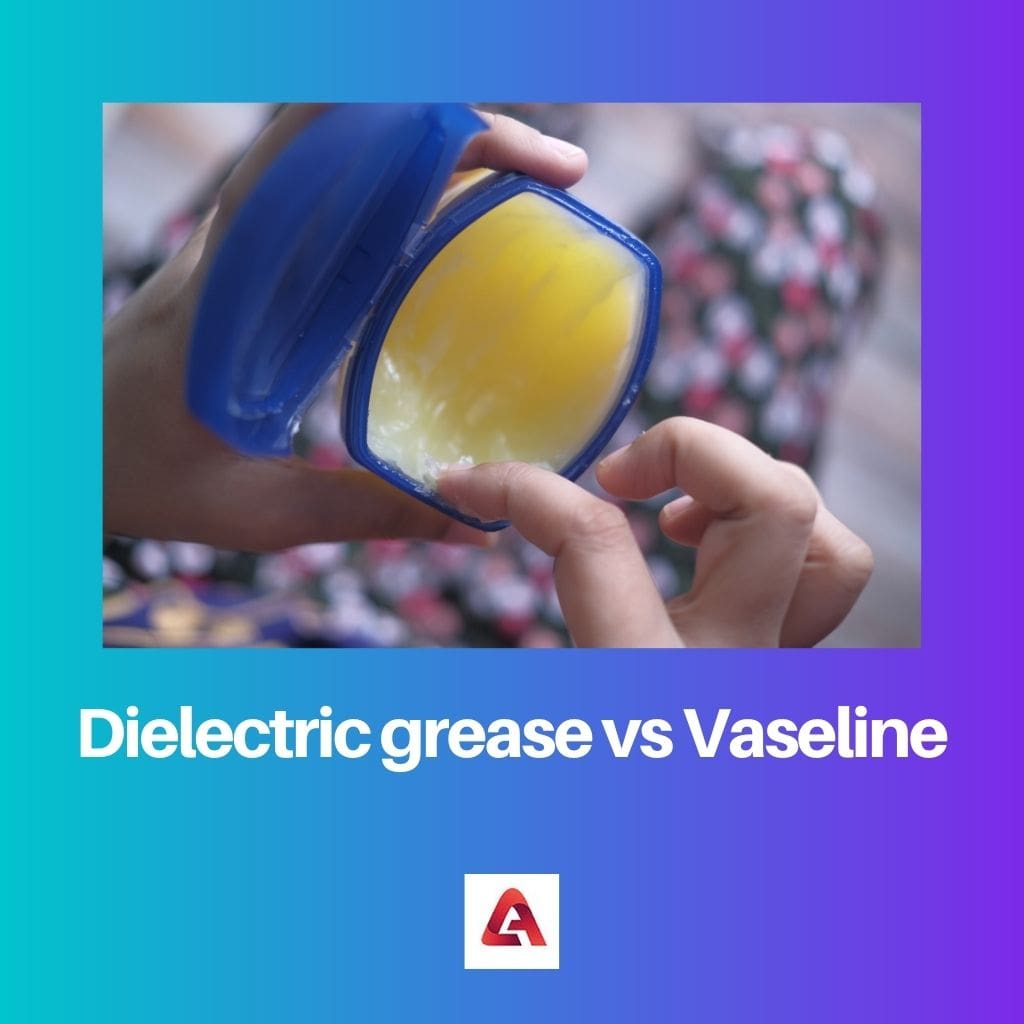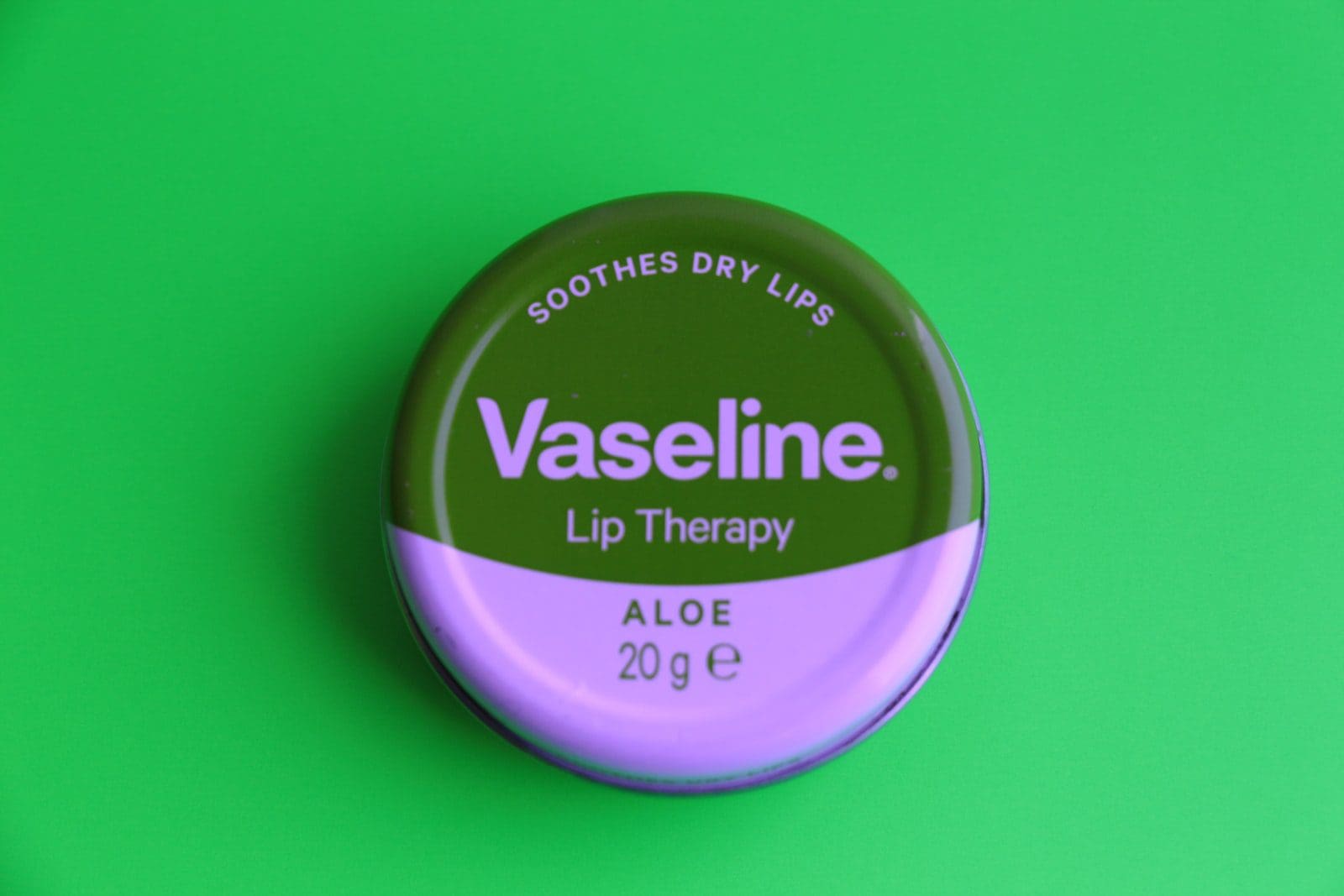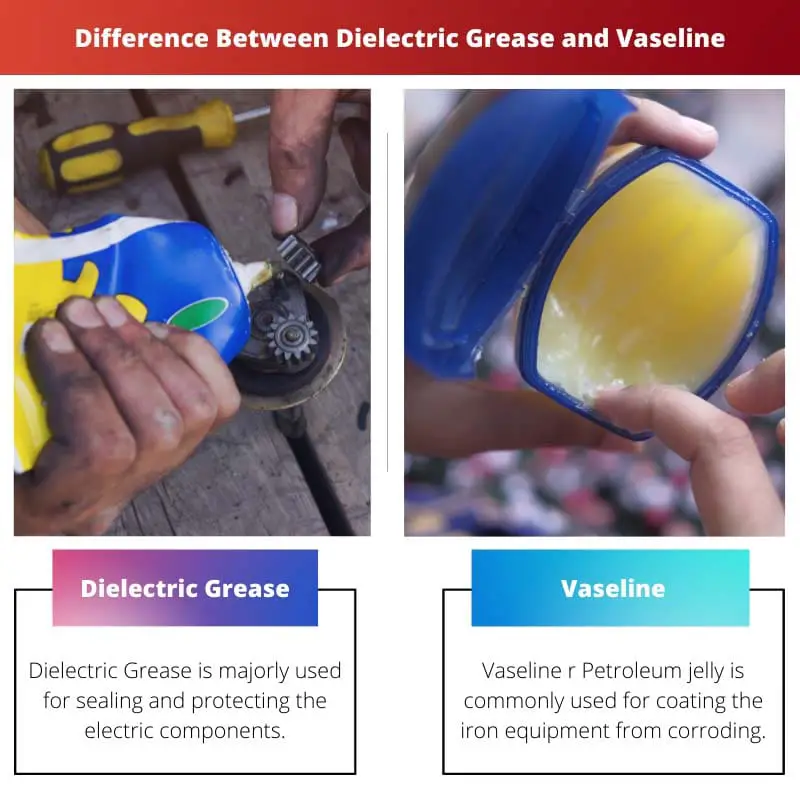Factories require a lot of protective measures for the equipment used. It can be an electrical component or a gear shaft; protective measures become inevitable for their longevity and seamless operation.
A lot of substances used in factories come in different forms. There can be insulators, instant protectors or moistening agents.
Such substances are also found to be used at home too. Factory insulation tapes are also used at home to insulate electrical wires.
Similarly, two types of industry-oriented substances play a crucial role in small machinery or equipment that are of prime importance on a larger scale.
The two most prominent substances used in factories are Dielectric Grease and Vaseline. Though they have extensive usage in the factories, they have different usages altogether.
Key Takeaways
- Dielectric grease is a non-conductive silicone-based compound that protects and seals electrical connections from moisture, dirt, and corrosion.
- Vaseline is a brand of petroleum jelly, a semi-solid mixture of hydrocarbons, commonly used as a moisturizer or lubricant in various applications.
- Dielectric grease and Vaseline serve different purposes, with dielectric grease being specifically designed for electrical applications, while Vaseline is more suited for general use.
Dielectric Grease vs Vaseline
Dielectric grease is a non-conductive material used to protect electrical connections from moisture, corrosion, and oxidation and is known for its high-temperature resistance and consistency. Vaseline is a general-purpose lubricant but can cause electrical shorts if applied to electrical connections.

Comparison Table
| Parameters of Comparison | Dielectric Grease | Vaseline |
|---|---|---|
| Usage | Dielectric Grease is majorly used for sealing and protecting electric components. | Vaseline r Petroleum jelly is commonly used for coating iron equipment from corroding. |
| Conduction of Electricity | Dielectric Grease does not conduct Electricity. | Vaseline conducts electricity |
| Melting Point | Very High Melting Point | Low Melting Point |
| Preservation Strength | Very high | Low |
| Price | Dielectric Grease is expensive | Vaseline is relatively cheaper. |
What is Dielectric Grease?
Dielectric Grease is a powerful corrosion resistance grease that protects the equipment and wirings from moisture and other dust substances. It is widely used in many industrial applications as well as household applications.
Dielectric grease is primarily insoluble in water, thus making it widely used in underwater types of machinery too. They have the highest melting point; hence it has a powerful preservation strength.
The most common usage of dielectric grease is found in spark plug wires and electrical connectors for lubricating purposes. A point of caution is to be taken while using dielectric grease; it is not a good conductor of electricity, so it must be used sparingly and strategically while using electric connections.
Further, it is made out of silicone and also called silicone grease; it is not advised to use it in silicone-based rubbers or even plastics. It may cause the grease to break over time due to chemical reactions.
The applying methods of dielectric grease must follow a particular strategy. While applying, apply it sparingly on the rubber boot and evenly so that it does not touch the adjacent iron or electric components.
It will cause a high-voltage current to pass through seamlessly. At the same time, it also helps the high voltage current to leak inside the rubber. Thus preventing any damage too.
The grease can also play a formidable role in applying it in the roller gaskets. It can be used in the metal equipment’s exteriors that serve as connectors for seamless functionality and avoids corrosion.
What is Vaseline?
Vaseline, or Petroleum Jelly, is widely used in lubrication. It has a moistening feature that makes this possible.
Petroleum jelly has a low melting point. Thus, using it in places exposed to high temperatures is not advisable. Further, Petroleum jelly has good electrical conduction properties that can be used widely in electrical applications.
Vaseline is mainly used in beauty care and is prominent in industrial applications. It is extensively used to protect metals and is an excellent lubricating agent.
It has unique properties make businesses use this in the pharmaceutical and food preparation industry. This does not react readily with any chemicals used in such endeavours.
Considered chemically inert, it has less preservation strength too. Yes, it is also insoluble in water, hence can be used in Wet environments too.
Petroleum Jelly is used in many ointment preparations worldwide. It also acts as a protective substance as a coat to the ointments. At the same time, they are chemically used as a substitute for many of the fat substances in the cosmetic industry.
Petroleum jelly is used in mass because of its price and ease to use the property.

Main Differences Between Dielectric Grease and Vaseline
- The main difference between Dielectric Grease and Vaseline is the preservation strength of Dielectric Strength is more when compared to Vaseline.
- Dielectric Grease is widely used in industrial applications and does not find any use in domestic cosmetics, while Vaseline is commonly used in manufacturing decorative items.
- Dielectric Grease has a very high melting point, whereas Vaseline has a shallow melting point, making it unsuitable for use at high temperatures.
- Both the Dielectric grease and Vaseline are insoluble in water, but the former is not a good conductor of electricity while the latter is a good conductor.
- The price of the dielectric grease is higher compared to Vaseline.


I think the comparison presented in this article is comprehensive and well-detailed. It’s a great guide for choosing the right substance for specific applications.
Definitely, this article offers a balanced analysis of Dielectric Grease and Vaseline.
This article clarifies the significant differences between Dielectric Grease and Vaseline, making it easier for people to understand when to use each. It’s informative and insightful.
I agree, it’s a very well-organized and detailed comparison.
The article provides valuable insights into the applications and specific use cases of both Dielectric Grease and Vaseline.
The information provided here is clear and concise, making it easy for readers to differentiate between the two substances. It’s well-written and thorough.
I appreciate the in-depth analysis of Dielectric Grease and Vaseline in this article. It’s enlightening.
The compelling differentiation between Dielectric Grease and Vaseline in this article is both enlightening and practical. It enriches the understanding of these substances in industrial and household settings.
The detailed comparison of Dielectric Grease and Vaseline in this article is enlightening and well-presented, making it an excellent educational resource.
Absolutely, the author’s thorough explanation distinguishes the unique properties and applications of Dielectric Grease and Vaseline.
This article meticulously outlines the characteristics and uses of Dielectric Grease and Vaseline, making it an invaluable resource for industrial workers and technicians.
The article effectively highlights the distinctive features and applications of Dielectric Grease and Vaseline. It’s a compelling read for anyone interested in industrial substances.
I couldn’t agree more. The content provides valuable knowledge for professionals and hobbyists alike.
The insights provided in this article about Dielectric Grease and Vaseline are remarkable, allowing readers to make informed decisions based on their specific requirements.
This article is extremely useful for individuals looking to understand the practical uses of Dielectric Grease and Vaseline in different settings.
Absolutely, this information is beneficial to professionals and enthusiasts in various industries.
This article offers an in-depth analysis of Dielectric Grease and Vaseline, shedding light on their individual properties and best practices for application.
The author has done a commendable job in providing a comprehensive understanding of Dielectric Grease and Vaseline, showcasing their distinct advantages.
Absolutely, the comparison of these substances is crucial for individuals seeking to optimize their equipment use.
The comparison table and detailed descriptions in this article offer a well-rounded perspective on the properties and applications of Dielectric Grease and Vaseline. It’s an excellent reference for professionals.